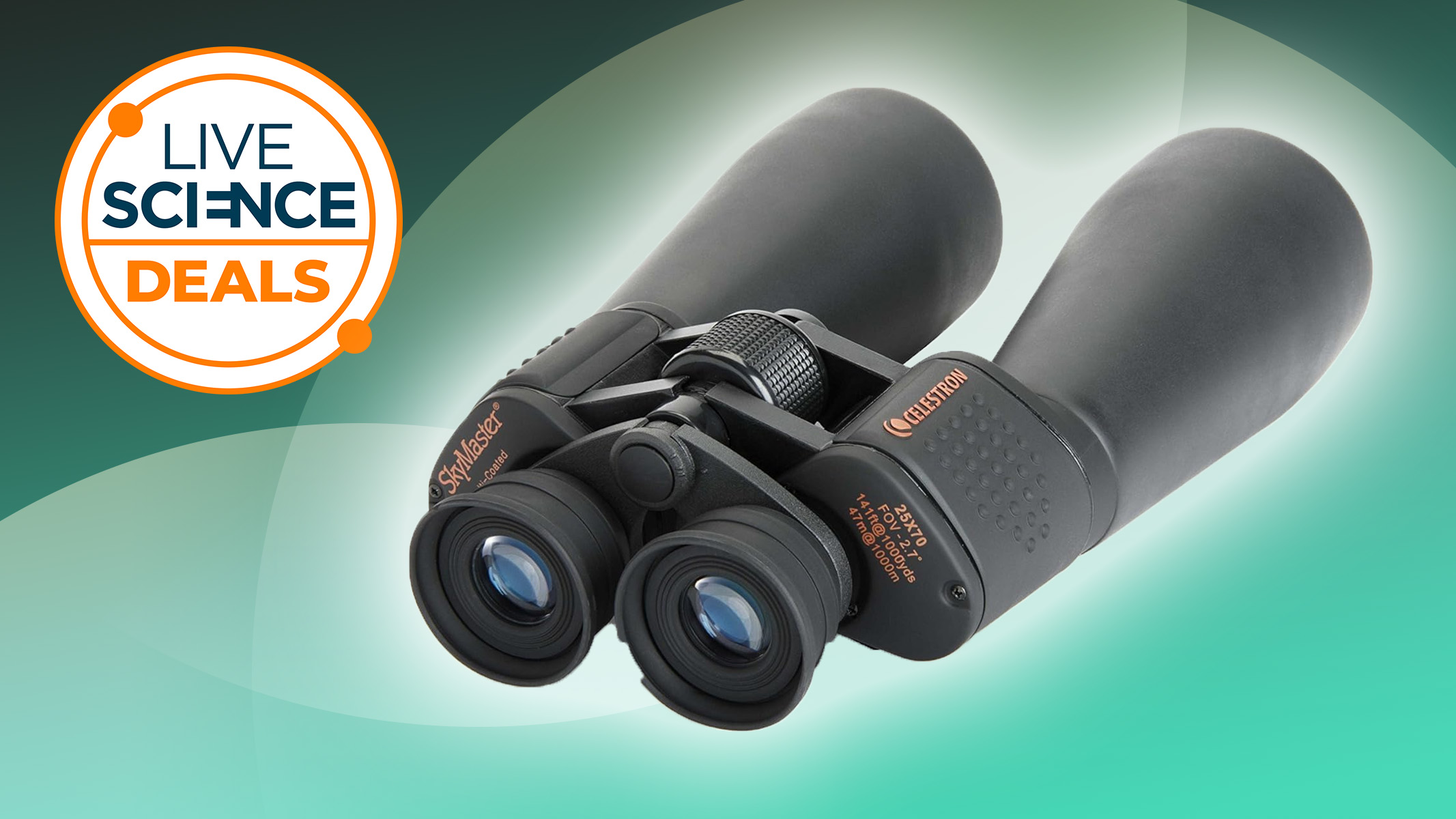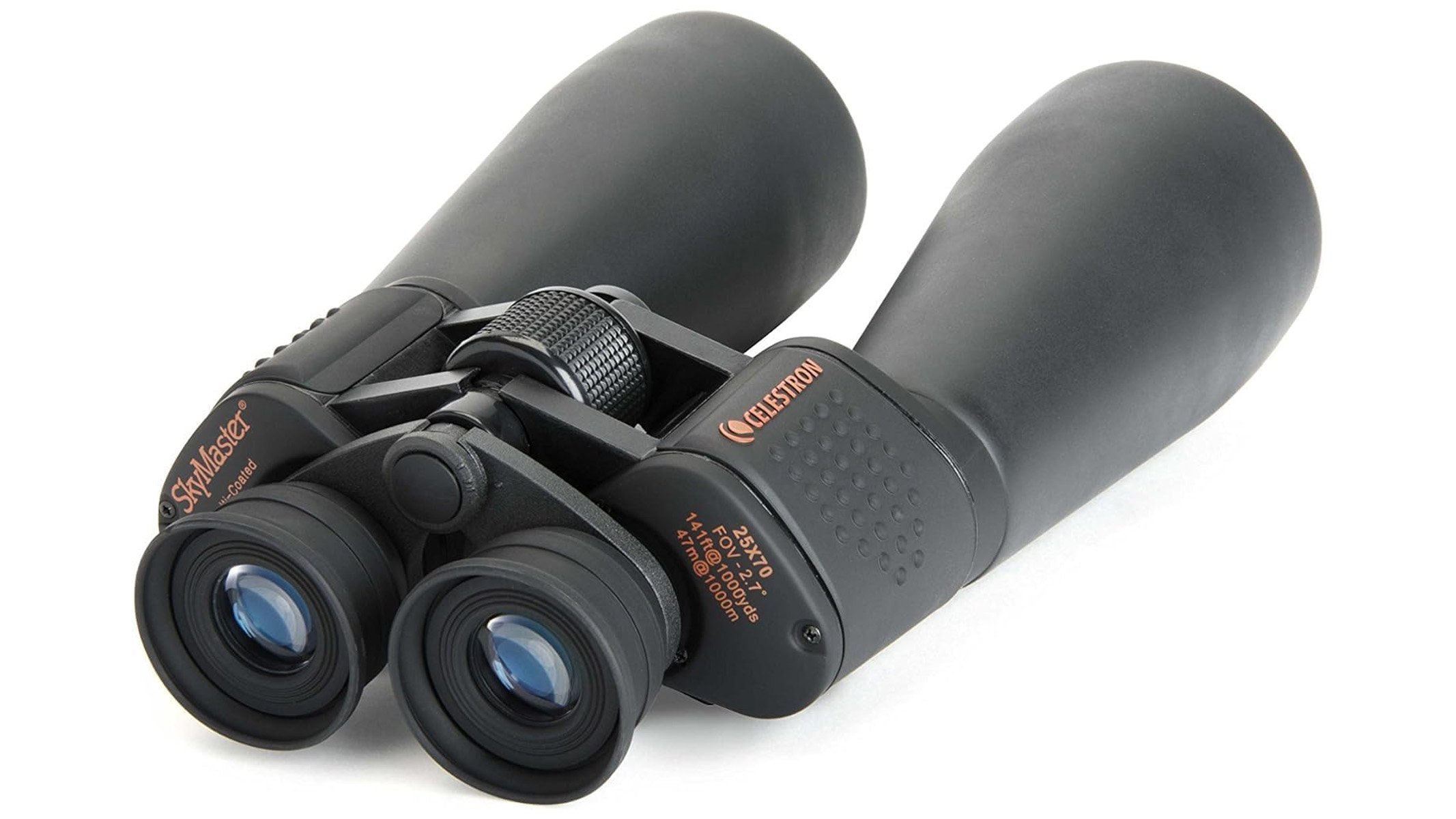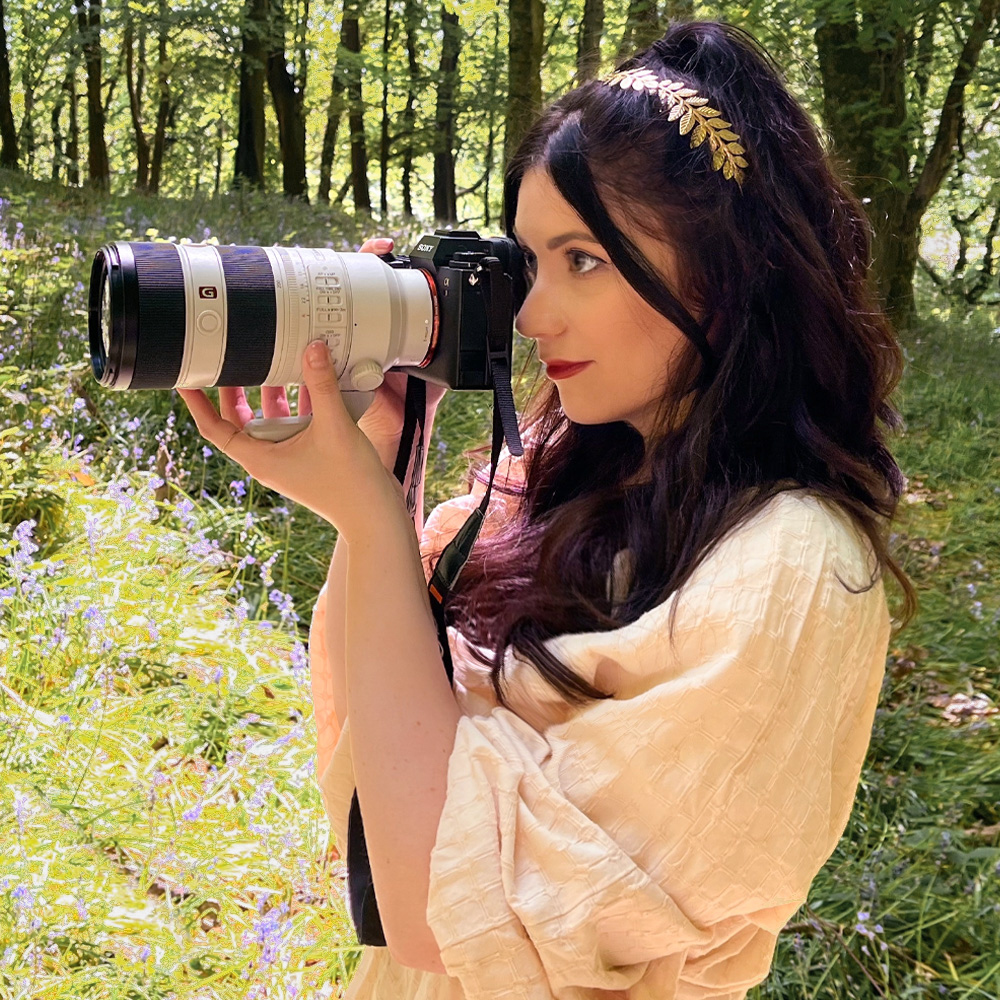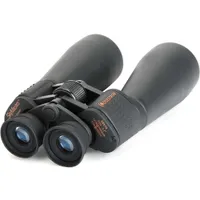These powerful astronomy binoculars are now the cheapest they've been all year
The Celestron SkyMaster 25x70 binocular is fantastic for stargazing on a budget — now down to $82 at Amazon.

The nights are drawing in, and fairweather astronomers are rejoicing. Over the coming months, the planets will make their return to the night sky, and the early nights bring more stargazing opportunities.
If you're looking to make the most of the long nights with some brand new astronomy binoculars, these Celestron SkyMaster 25x70 are now the cheapest they've been all year. Now selling for $82 (when you add the coupon) at Amazon, this deal is incredibly worthwhile if you've always wanted to get a closer look at the stars but don't want to shell out too much on your first pair.
Save $57 on the Celestron SkyMaster 25x70 binoculars. With strong 25x magnification and large 70mm objective lenses, they let in tons of light and provide powerful views of a variety of celestial subjects.
The 25x magnification is fantastic for views of Jupiter and its moons, detailed observations of the moon and getting a better view of star clusters, the Andromeda Galaxy and the Orion nebula without having to invest in a telescope. Binoculars on the whole are a great option for beginners who want to dip their toes into the world of astronomy, as they are usually less expensive, have an easier setup and much less technical knowledge involved than telescopes, and these 25x70s are an ideal starting point. We wouldn't recommend them as much for wildlife observation due to their size and the lack of ED glass, but a pair of 12x56 or 10x42 binoculars would give the best of both worlds while keeping things lightweight.
- Our experts have also reviewed and rated the best telescopes, binoculars, star projectors, cameras, fitness trackers, running shoes, rowing machines and more.

In this deal, you'll get a tripod adapter, lens caps, rain guard, carrying case, neck strap, lens cloth and instructions included, giving you everything you need to get started — apart from a tripod. Due to the strong magnification and their large size and weight, they'll need to be mounted on a tripod to prevent shaky views. The soft rubber eyecups are comfortable to use, although the 13mm eye relief might be a little short if you wear glasses all the time. They are water-resistant, although they aren't nitrogen-purged, so they may be prone to fogging up when moving between warm and cold environments — this is one of the sacrifices of budget binoculars.
We tested the 15x70 variant earlier in the year and absolutely loved them, so if you want a pair more dedicated to astronomy, this Celestron 25x70 deal isn't one to be missed. We love Celestron as a brand and trust them to consistently deliver high-quality optics for stargazing, be that binoculars or telescopes.
Key features: 25x magnification, 70mm objective lens diameter, 2.7-degree angular field of view, 13mm eye relief, multi-coated lenses, BaK-4 prisms, 52 oz (1,474 g).
Price history: The base price of $92.69 matches the lowest price this year so far, but the $10 coupon cuts the price down even more.
Price comparison: Amazon: $82.69 | Walmart: $139.95 | BHPhoto: $92.69
Reviews consensus: An excellent entry-level pair of astronomy binoculars with powerful magnification and large objective lenses to drink in the faint starlight.
✅ Buy it if: You want a tool to stargaze without investing in the cost of setup of a telescope.
❌ Don't buy it if: You want a lightweight pair of binoculars for handheld stargazing. In this case, a pair of 10x42s will be perfect.
Check out our other guides to the best telescopes, binoculars, cameras, star projectors and much more.
Get the world’s most fascinating discoveries delivered straight to your inbox.

Kimberley Lane, E-commerce writer for Live Science, has tested a wide range of optical equipment, reviewing camera gear from Sony, Canon, OM System and more. With over 6 years of photography experience, her skills span across landscape and seascape photography, wildlife, astrophotography and portrait work. Her photos have been featured in a number of national magazines, including Digital Camera World and Cosmopolitan. She has also contributed to our sister site Space.com and Tech Radar, and she regularly uses binoculars and telescopes to stargaze in the dark skies of South Wales.
You must confirm your public display name before commenting
Please logout and then login again, you will then be prompted to enter your display name.
 Live Science Plus
Live Science Plus






